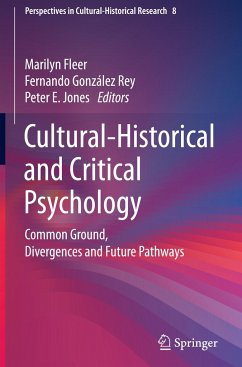
Vasubandhu and his reaction and addition to the "Abhidharma". A historical and doctrinal analysis
Versandkostenfrei!
Versandfertig in 1-2 Wochen
15,95 €
inkl. MwSt.

PAYBACK Punkte
0 °P sammeln!
Essay from the year 2015 in the subject Psychology - Psychology of Religion, grade: A, Kathmandu University (Rangjung Yeshe Institute), course: Yogachara Philosophy (300), language: English, abstract: The "Abhidharma" is a voluminous collection of early Buddhist works written during the 3rd and 4th century. The works contain Buddhist fundamental psychology that go into more detail than any other work on human psychology before its time, containing an incredibly detailed analysis of the human mind. It is based on the teachings of the Buddha and supports a tremendous hosts of traditions that sti...
Essay from the year 2015 in the subject Psychology - Psychology of Religion, grade: A, Kathmandu University (Rangjung Yeshe Institute), course: Yogachara Philosophy (300), language: English, abstract: The "Abhidharma" is a voluminous collection of early Buddhist works written during the 3rd and 4th century. The works contain Buddhist fundamental psychology that go into more detail than any other work on human psychology before its time, containing an incredibly detailed analysis of the human mind. It is based on the teachings of the Buddha and supports a tremendous hosts of traditions that still base their dogma on it today. It was designed to address major doctrinal, however fundamental, positions held by Buddhist, and has been commented on as the basis - even authority - on a range of topics beyond psychology, including dimensions of metaphysics, ontology and phenomenology.In this essay, I will argue that despite the meticulous detail the Abhidharma provides, consciousness and causality were left unclear, forcing philosophers like Vasubandhu to invent remarkable theories to develop Mahayana consciousness and solve causality












